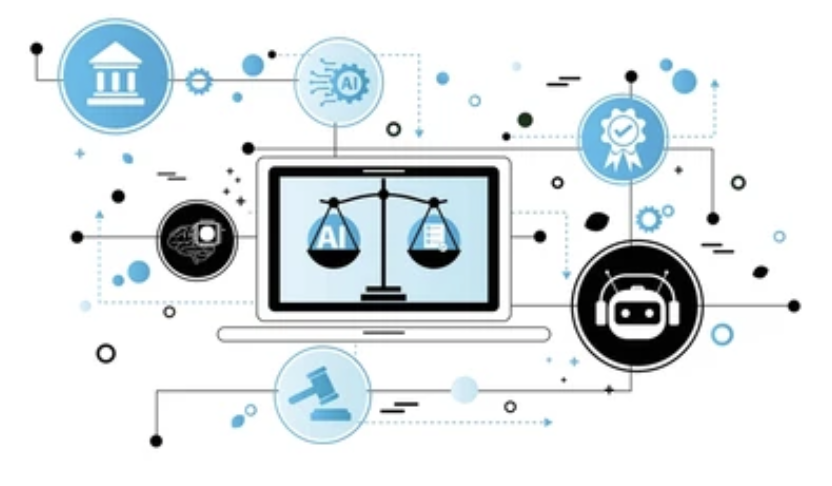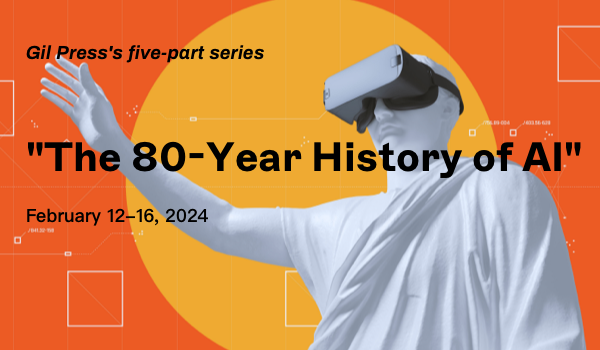


LONDON - In an interview with the Wall Street Journal, David Feinberg, the head of Google Health and a self-professed astrology buff, enthused that, “If you believe me that all we are doing is organizing information to make it easier for your doctor, I’m going to get a little paternalistic here: I’m never going to let that get opted out.”
Patients will soon thus have no choice but to receive personalized clinical horoscopes based on their own medical histories and inferences drawn from a growing pool of patient records. But even if we want such a world, we should take a hard look at what today’s health-tech proponents are really selling.
Most of the United States’ Big Tech firms - along with many startups, the Big Pharma companies, and others - have jumped on the health-tech bandwagon in recent years. With Big Data analytics, artificial intelligence (AI), and other novel means, they promise to cut costs for struggling healthcare systems, revolutionize doctors’ medical decision-making and save us from ourselves. What could possibly go wrong?
Quite a lot, it turns out. In Weapons of Math Destruction, data scientist Cathy O’Neil lists many examples of how algorithms and data can fail us in unsuspected ways. When transparent data-feedback algorithms are applied to baseball, they work better than expected; but when similar models are used in finance, insurance, law enforcement, and education, they can be highly discriminatory and destructive.
Healthcare is no exception. Individuals’ medical data are susceptible to subjective clinical decision-making, medical errors, and evolving practices, and the quality of larger data sets is often diminished by missing records, measurement errors, and a lack of structure and standardization. Nevertheless, the Big Data revolution in healthcare is being sold as if these troubling limitations did not exist. Worse, many medical decision-makers are falling fo
The content herein is subject to copyright by Project Syndicate. All rights reserved. The content of the services is owned or licensed to The Yuan. The copying or storing of any content for anything other than personal use is expressly prohibited without prior written permission from The Yuan, or the copyright holder identified in the copyright notice contained in the content. Continue with Linkedin
Continue with Linkedin
 Continue with Google
Continue with Google









 1971 views
1971 views








